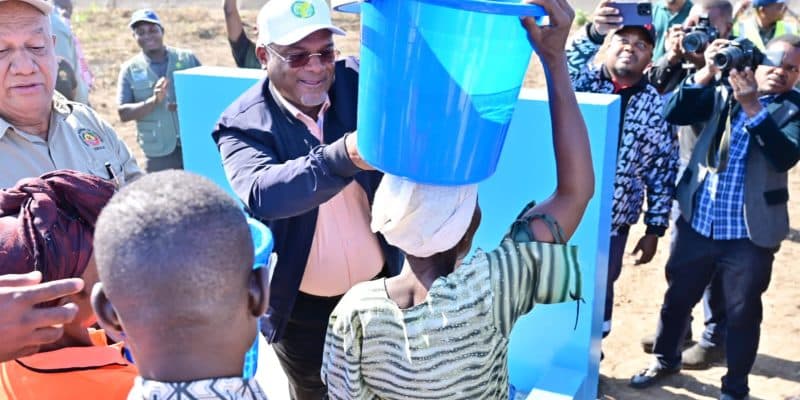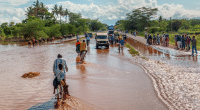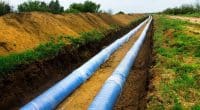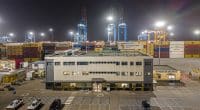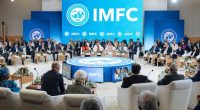In Mozambique, the central province of Sofala has just been equipped with seven drinking water supply systems. The facilities, inaugurated on 24 June 2023 in the Buzi, Nhamatanda and Dondo districts, replace those damaged by cyclone Idai in 2019.
In the wake of tropical cyclone Idai, which affected 600,000 people, including 260,000 children, and displaced thousands of people following the destruction of their homes in the central province of Sofala in Mozambique, the local authorities are rebuilding. Seven drinking water supply systems were recently inaugurated in the resettlement areas of Buzi, Nhamatanda and Dondo. The drinking water systems are equipped with multi-purpose boreholes, as well as drinking water transport and distribution networks.
The new facilities support the 13 existing drinking water supply systems in the three target districts. Buzi has seen five new connections, Nhamatanda one and Dondo one.
AfDB funding
In addition to improving the supply of drinking water in the Mozambican province, the aim is to improve the quality of life of the people affected by Idai.
The inauguration of the seven AEPs is part of the Emergency and Resilient Recovery Programme (PCIREP), a multi-country initiative also being implemented in Zimbabwe and Malawi with a view to rapidly restoring livelihoods and rebuilding socio-economic infrastructure to cope with the impact of future disasters. The PCIREP also addresses disaster risk prevention in the road, energy, agriculture and livestock sectors through the installation of weather radars and warning systems in various provinces of the East African country, 11 of which have already been installed.
Read Also –
The State of Mozambique is funding the PCIREP with the support of several development partners, including the African Development Bank (AfDB), which has already allocated $52 million to the programme.
Inès Magoum

